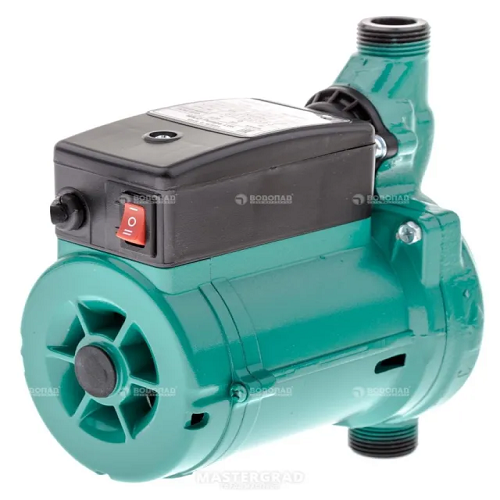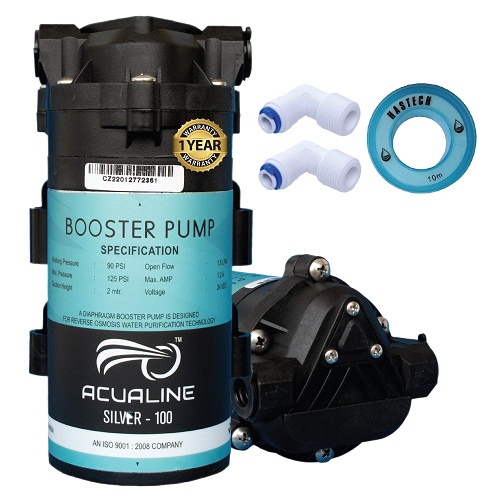
our category
RO PUMP
RO Pump: Essential Component in Water Purification Systems
Overview:
An RO pump (Reverse Osmosis pump) plays a critical role in the operation of reverse osmosis (RO) water purification systems. RO pumps are designed to provide the necessary pressure to drive water through the RO membrane, facilitating the filtration process that removes impurities, contaminants, and minerals from water, ensuring the output is clean and safe to consume.
Reverse Osmosis (RO) is a widely used method in water filtration systems, whether for residential use, industrial applications, or water treatment plants. The RO pump is integral to this process, pushing water through a semi-permeable membrane to separate clean water from dissolved solids, chemicals, and other contaminants.
Enquire Now
How an RO Pump Works:
The reverse osmosis process works by applying pressure to water, forcing it through a semi-permeable membrane. This membrane only allows water molecules to pass through while blocking larger particles such as salts, bacteria, and other impurities. The pump provides the required pressure to overcome the natural osmotic pressure and push the water through the membrane.
- High Pressure: RO pumps generate high pressure to overcome the natural resistance created by the RO membrane, ensuring that water passes through the membrane at a sufficient rate.
- Efficient Flow: The pump ensures a steady and consistent flow of water into the system, ensuring continuous filtration without compromising the efficiency of the process.
Types of RO Pumps:
There are several types of RO pumps available, each with specific features that make them suitable for different applications. Here are the most common types:
-
Diaphragm Pumps:
- Function: Diaphragm pumps use a flexible diaphragm to create a suction force, pushing water through the RO membrane.
- Advantages: They are typically quieter, more energy-efficient, and are commonly used in residential RO systems.
- Applications: Domestic water filtration, small-scale industrial systems, and reverse osmosis applications that do not require high flow rates.
-
Centrifugal Pumps:
- Function: Centrifugal pumps rely on a rotating impeller to generate pressure, pushing water through the membrane.
- Advantages: Known for handling high-flow requirements efficiently and are used in large-scale RO systems.
- Applications: Large industrial RO systems, municipal water treatment plants, and desalination plants.
-
Permeate Pumps:
- Function: Permeate pumps are used specifically in RO systems to increase the pressure of purified water (permeate) and improve efficiency.
- Advantages: They reduce water waste by reusing the energy in the system, making them highly efficient.
- Applications: Used in residential and small-scale RO systems for improved water recovery.
Importance of RO Pumps in Water Treatment:
- Enhanced Filtration Efficiency: RO pumps maintain the high pressure required to push water through the membrane, ensuring effective filtration. This results in purified water free of harmful substances, ensuring safety and quality.
- Increased Water Recovery: By maintaining consistent pressure, RO pumps help increase the efficiency of water recovery, reducing waste and improving the overall performance of the system.
- Consistent Water Flow: With the right pump, an RO system will provide a constant supply of purified water, even in areas with fluctuating water pressure.
- Energy Efficiency: High-quality RO pumps can reduce energy consumption by efficiently generating the necessary pressure for water filtration, which can help lower operational costs over time.
- Reduction of Maintenance: A good-quality RO pump ensures fewer malfunctions and less frequent maintenance, helping to extend the life of the RO system as a whole.
Applications of RO Pumps:
-
Residential Use:
- RO pumps are commonly used in home water filtration systems to provide clean, safe drinking water by removing contaminants, salts, chlorine, and bacteria. The pump ensures sufficient pressure to maintain high performance in residential settings.
-
Industrial Applications:
- Desalination: RO pumps are essential in seawater desalination plants, where they provide the pressure required to convert salty seawater into fresh, potable water.
- Food and Beverage Industry: In industries like beverage production, RO systems are used to purify water, ensuring that beverages are free from contaminants that could affect taste and quality.
-
Commercial Applications:
- RO pumps are used in restaurants, hotels, and other commercial establishments that require purified water for their operations, from drinking water to water used in cooking or washing.
-
Agriculture:
- In agricultural settings, RO pumps are used in irrigation systems where water quality is critical for crop growth. The pump ensures that clean water reaches crops, free from harmful chemicals and salts.
-
Water Treatment Plants:
- Large-scale municipal water treatment plants rely on RO pumps to purify water for entire communities, ensuring that water from natural sources is treated to meet health and safety standards before distribution.
Factors to Consider When Choosing an RO Pump:
- Flow Rate: The flow rate of the pump is essential in determining how much water can be processed over a given period. Larger systems require higher flow rates, while residential systems often need smaller, more efficient pumps.
- Pressure Capacity: The pump must provide the correct pressure for your RO membrane to work efficiently. The pressure capacity varies depending on the application and size of the system.
- Energy Efficiency: Look for pumps that are energy-efficient to reduce electricity consumption and operational costs over time.
- Durability and Materials: Pumps made from corrosion-resistant materials such as stainless steel ensure longer life and reliability, especially when handling harsh or high-pressure environments.
- Noise Level: For residential applications, consider the noise level of the pump. Diaphragm pumps are quieter than centrifugal pumps, making them ideal for home use.
Conclusion:
RO pumps are an indispensable component in reverse osmosis water filtration systems. They provide the pressure necessary for water to pass through the semi-permeable membrane, ensuring effective purification. Whether used in residential, industrial, or agricultural settings, RO pumps help ensure clean, safe water while promoting efficiency, sustainability, and cost-effectiveness. By choosing the right type of pump for the application, users can maximize the performance and longevity of their RO systems.
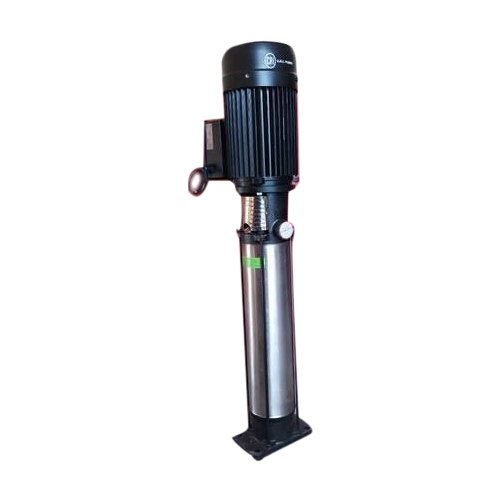
.jpg)
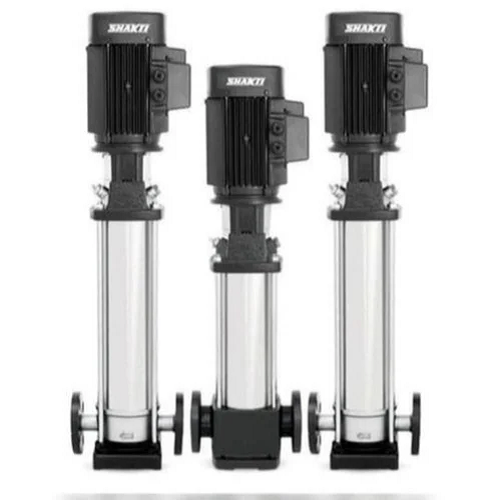
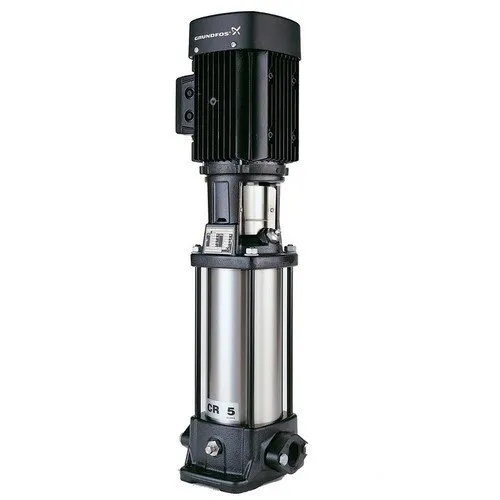
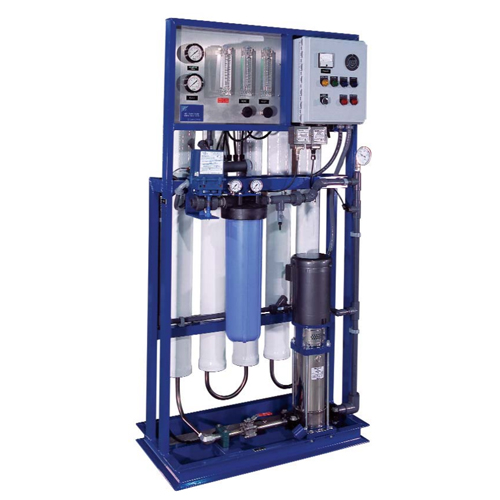
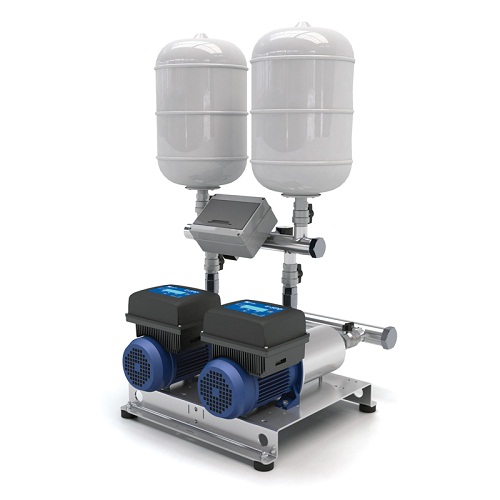

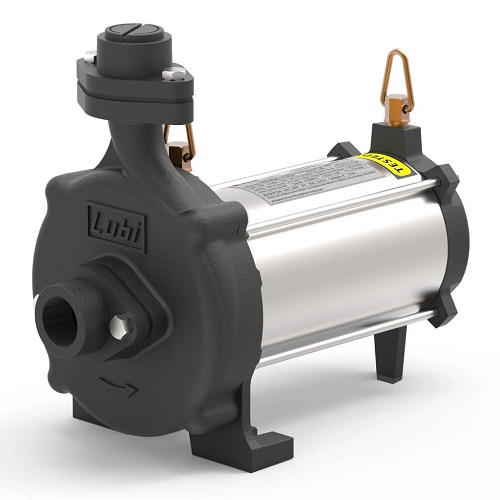
.jpg)
